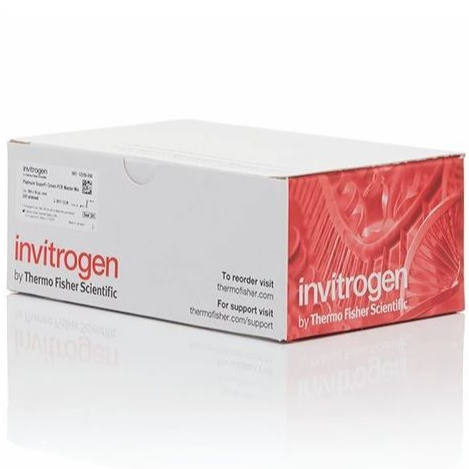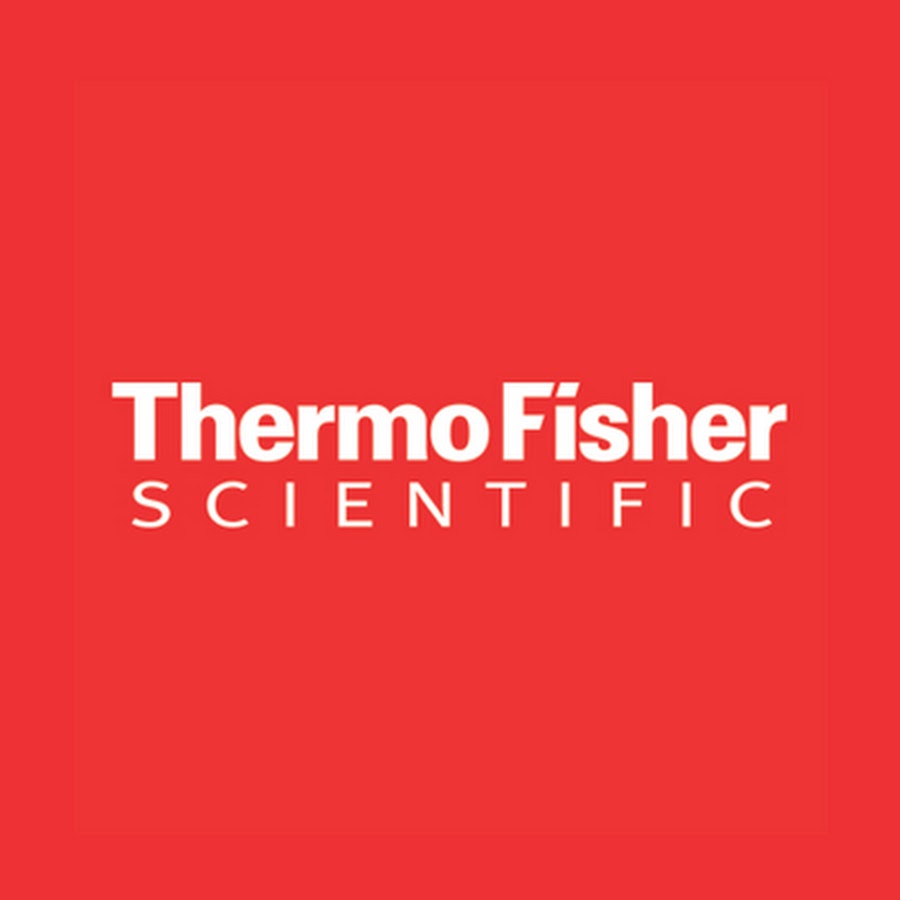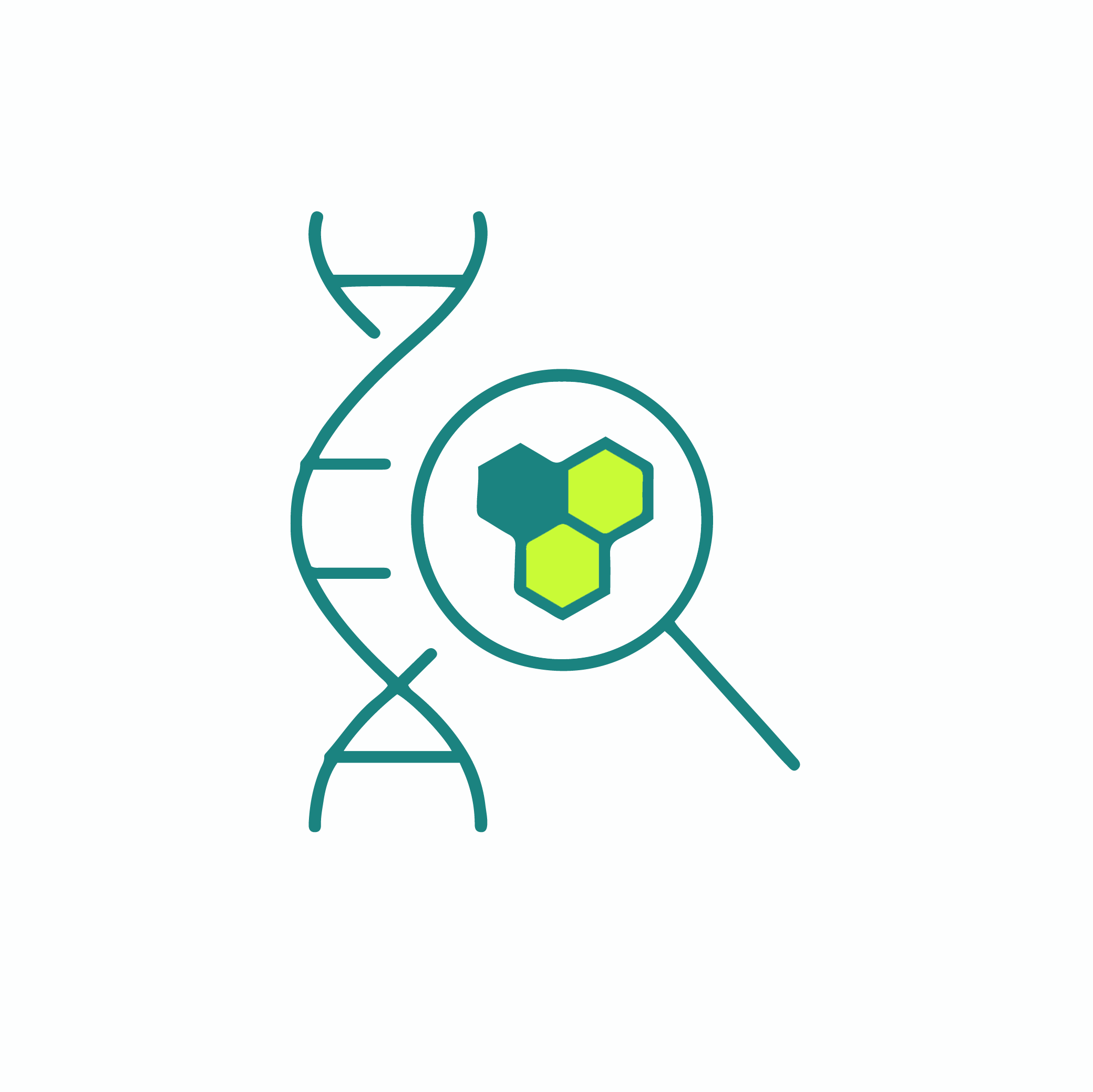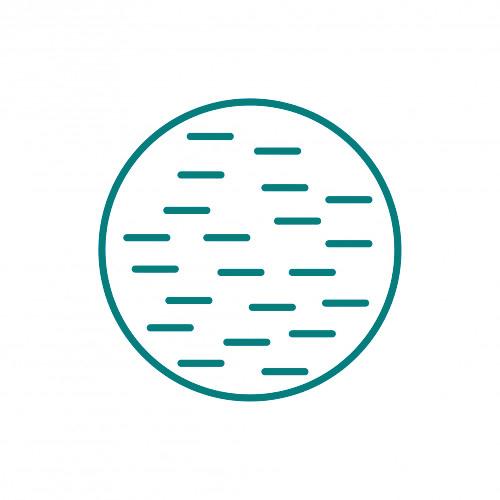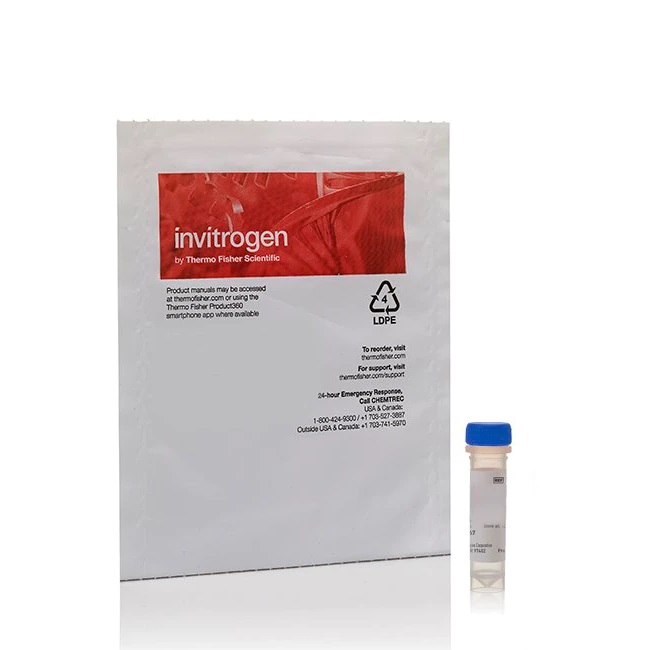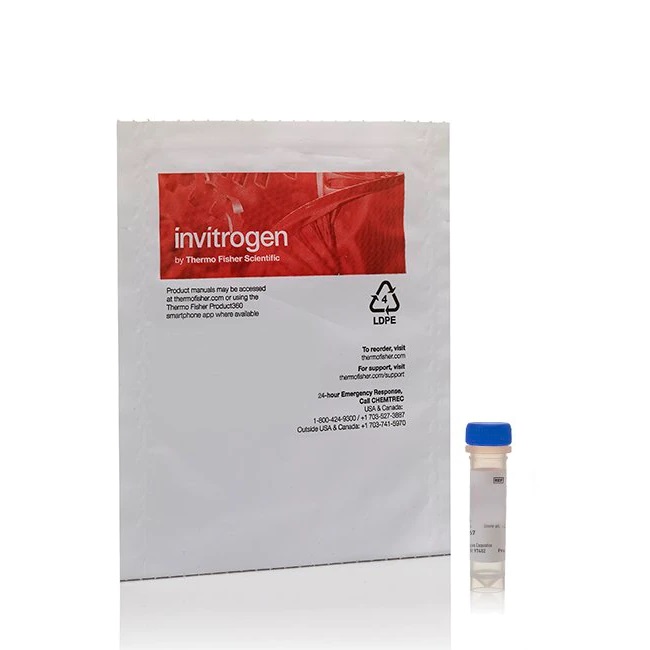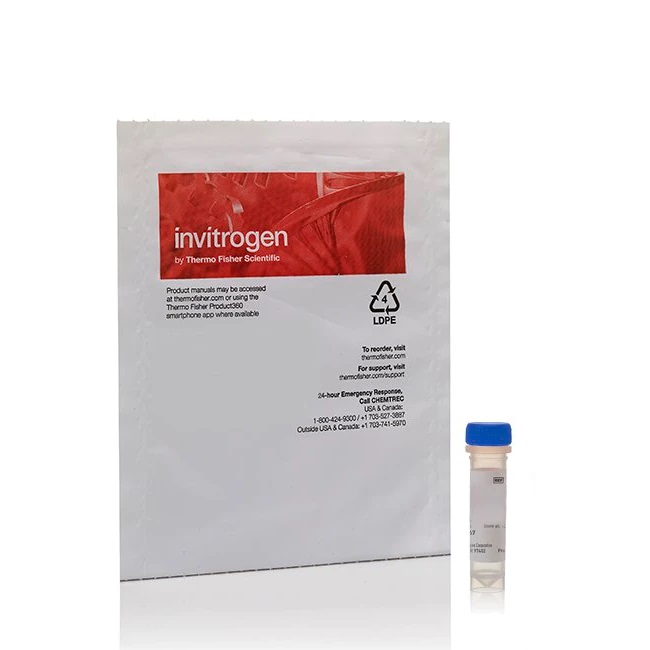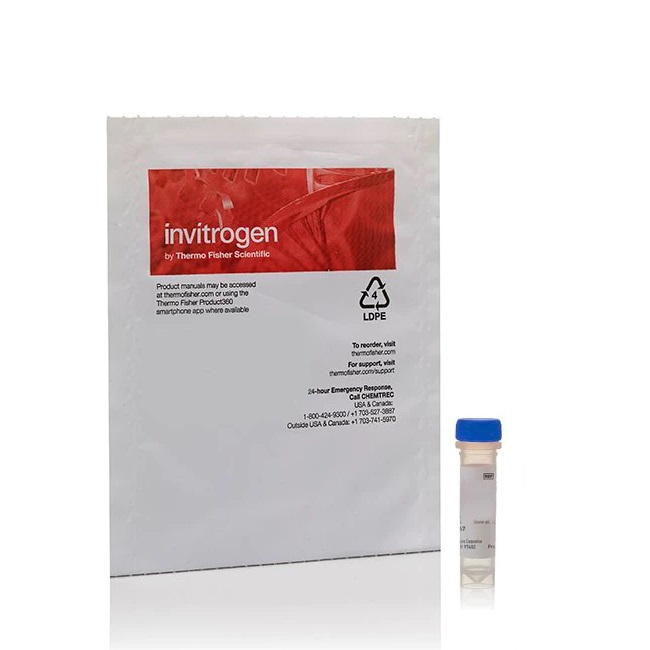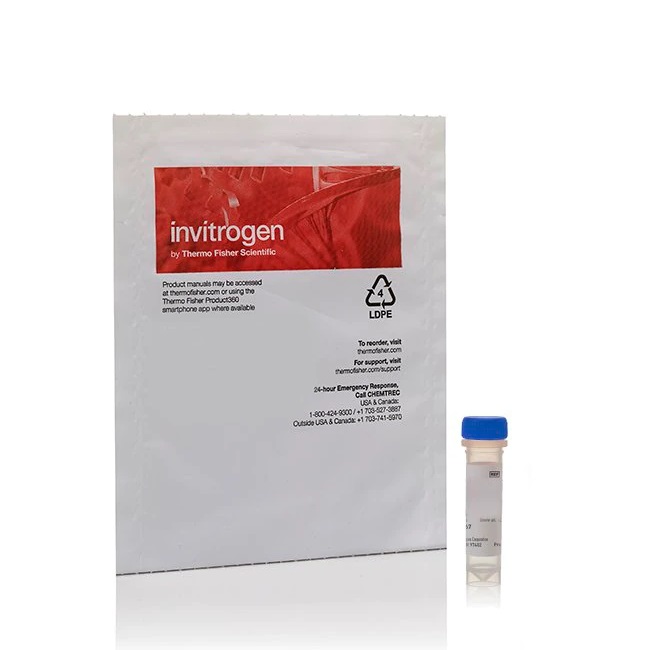Invitrogen™ K-AcylStat™ Panel, SNAP-ChIP™ Spike-in, 10 Reactions
On demandInvitrogen™ K-AcylStat™ Panel, SNAP-ChIP™ Spike-in, 10 Reactions
SNAP-ChIP (Sample Normalization and Antibody Profiling Chromatin ImmunoPrecipitation), a proprietary technology from EpiCypher, uses DNA-barcoded designer nucleosomes bearing distinct post-translational modifications as spike-in ChIP controls.
- Homogenous, fully defined standards faithfully represent target mononucleosomes in the experimental sample
- Nucleosomes are subjected to rigorous quality control for lot-to-lot consistency
- Unique DNA barcodes can be distinguished from experimental sample genomes
- Spike-ins provide a direct readout of antibody performance in ChIP
- Ability to monitor technical variability between samples
- Defined standards enable universal normalization across experiments
SNAP-ChIP panels are directly compatible with your current ChIP workflow, with semi-synthetic nucleosomes bearing the post-translational modification interest immunoprecipitated and processed alongside sample chromatin.
Users can directly monitor antibody capability (specificity and enrichment) in a ChIP experiment by measuring the recovery of on- and off-target nucleosomes. The SNAP spike-ins can be further used as a defined standard to normalize your ChIP data, thereby controlling for technical variability across experiments.
The K-AcylStat Panel is a lysine acylation status panel that consists of a pool of nucleosomes carrying twenty-two well-studied, disease relevant lysine acylation marks on histones H2A, H3, and H4 (see user manual for specifics) plus an unmodified control. Further, each of these nucleosomes is wrapped by two independent DNA barcodes (46 total barcodes in the panel), allowing for an internal technical replicate in each ChIP reaction. A single spike-in of the panel allows users to check antibody specificity by examining the post-IP recovery of on- versus off-target SNAP-ChIP nucleosomes, supporting the generation of high quality ChIP data.
Store at -5 to -30°C.
MoreThere are no specifications
There are no report
You May Also Like
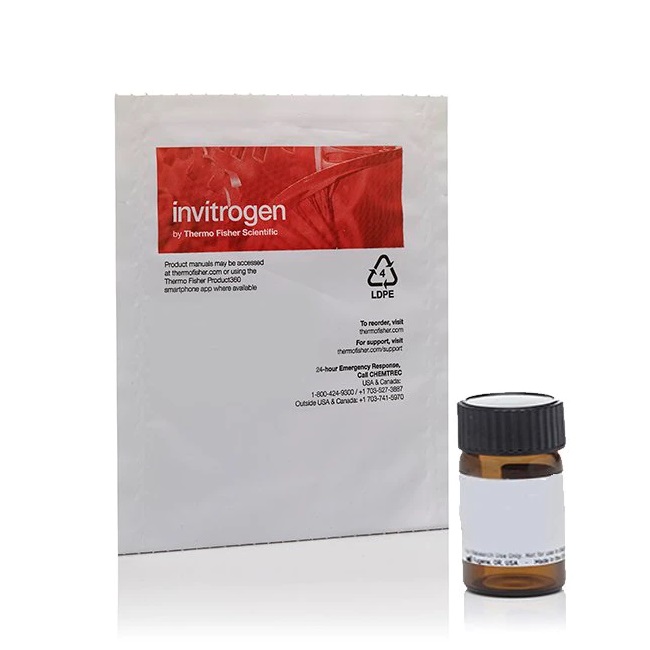
Invitrogen™ DiBAC4(3) (Bis-(1,3-Dibutylbarbituric Acid)Trimethine Oxonol)
$ On demand
On demand
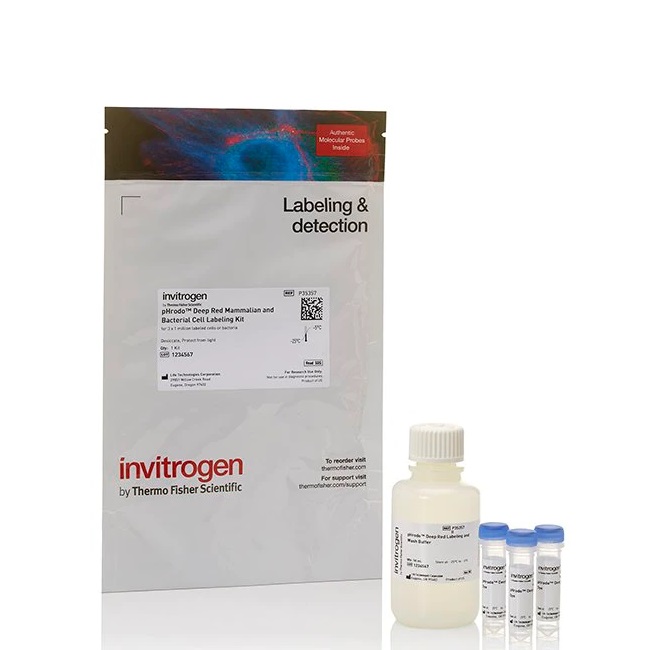
Invitrogen™ pHrodo™ Deep Red Mammalian and Bacterial Cell Labeling Kit
$ On demand
On demand
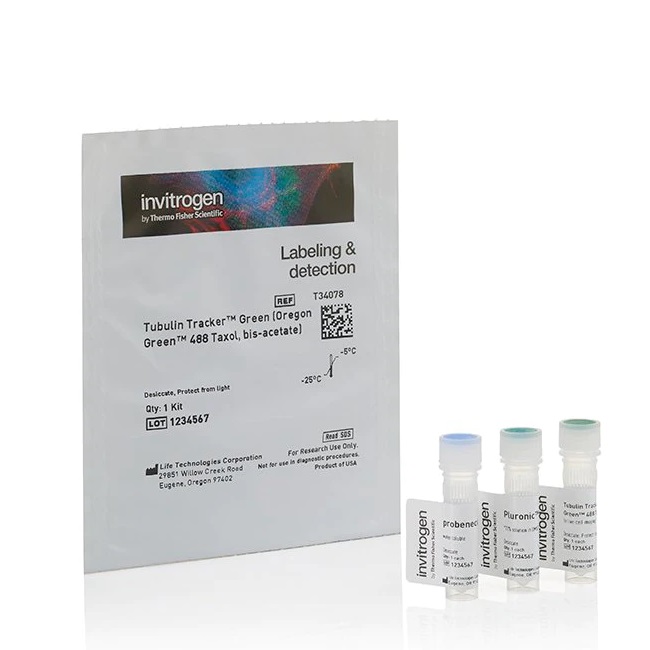
Invitrogen™ Tubulin Tracker™ Green (Oregon Green™ 488 Taxol, bis-acetate)
$ On demand


